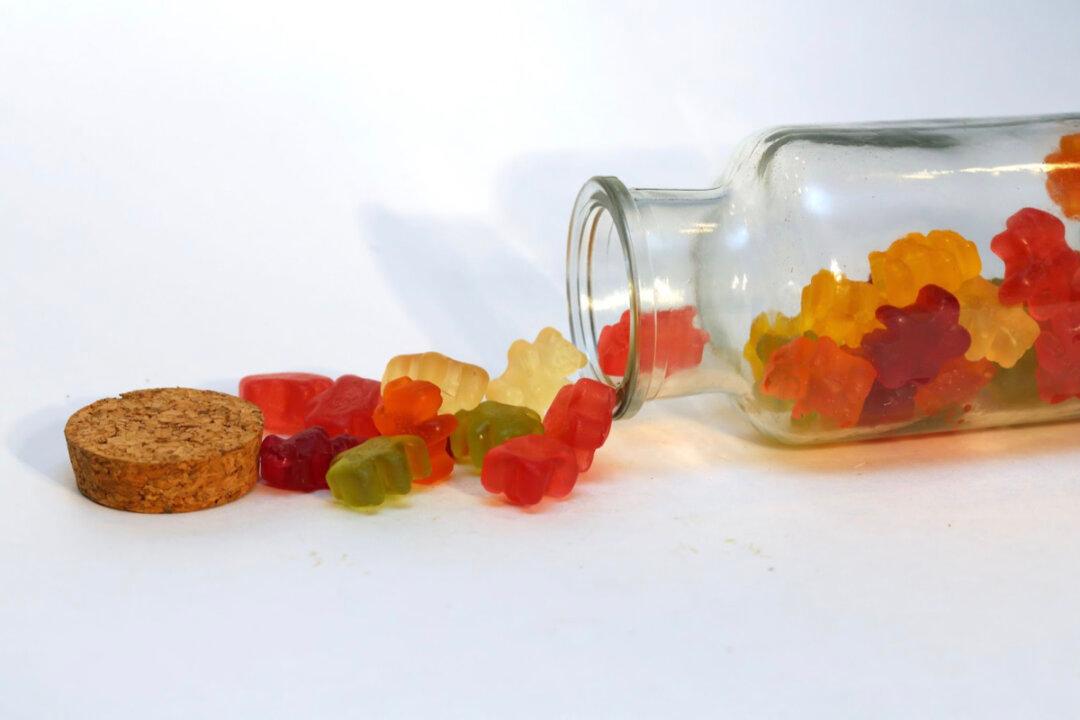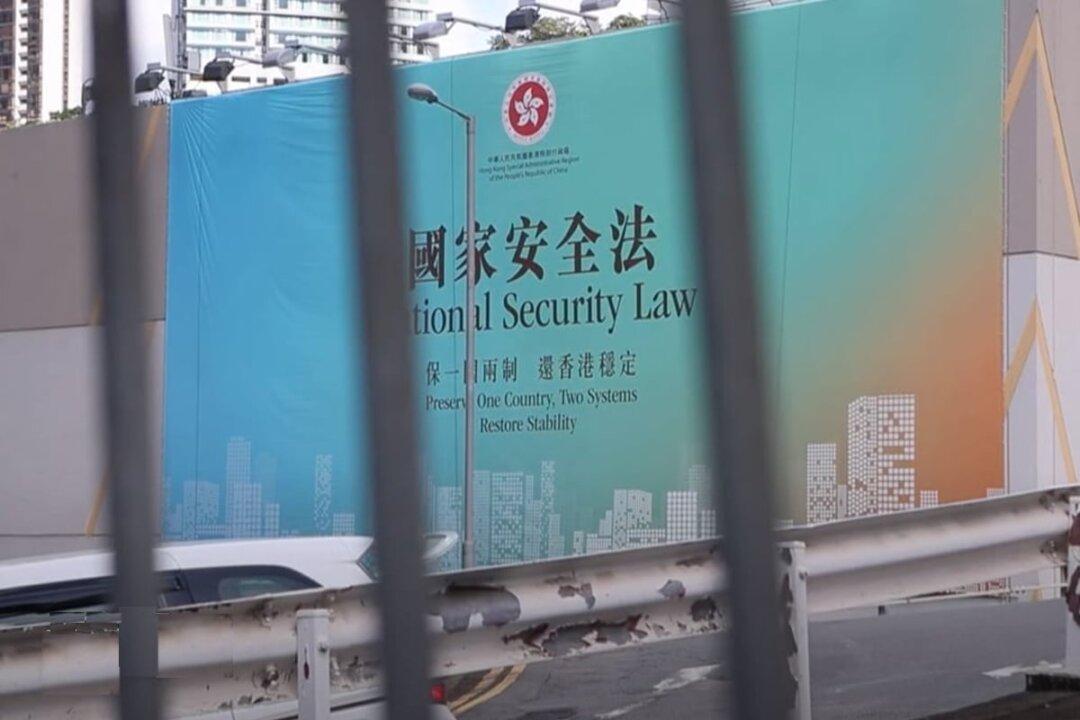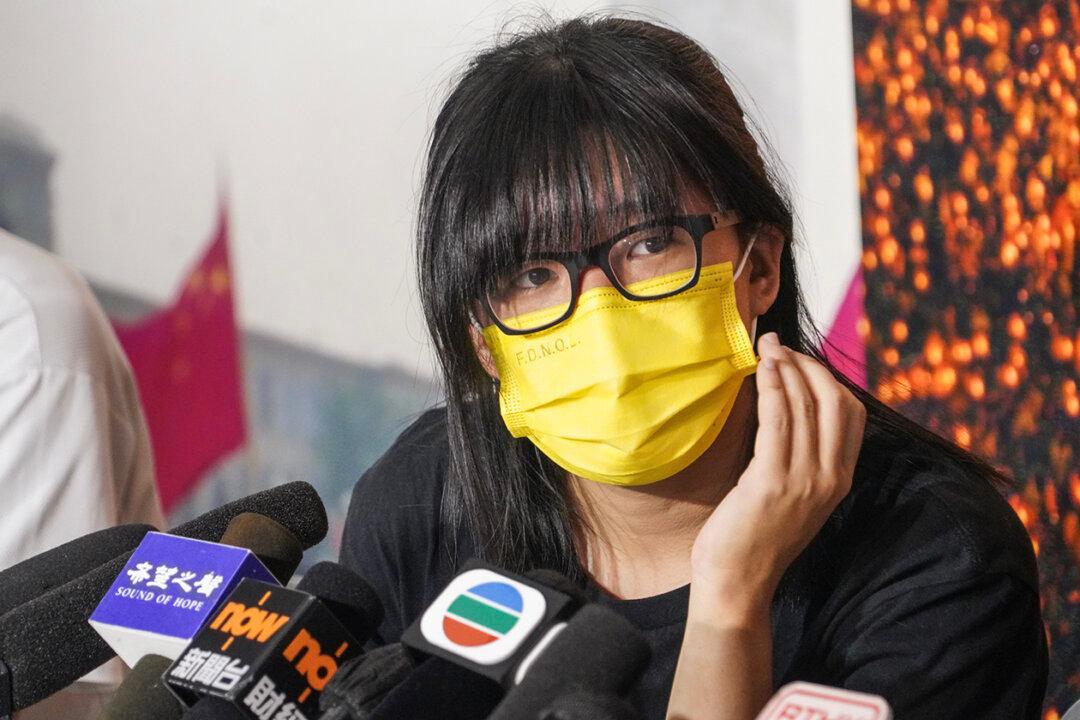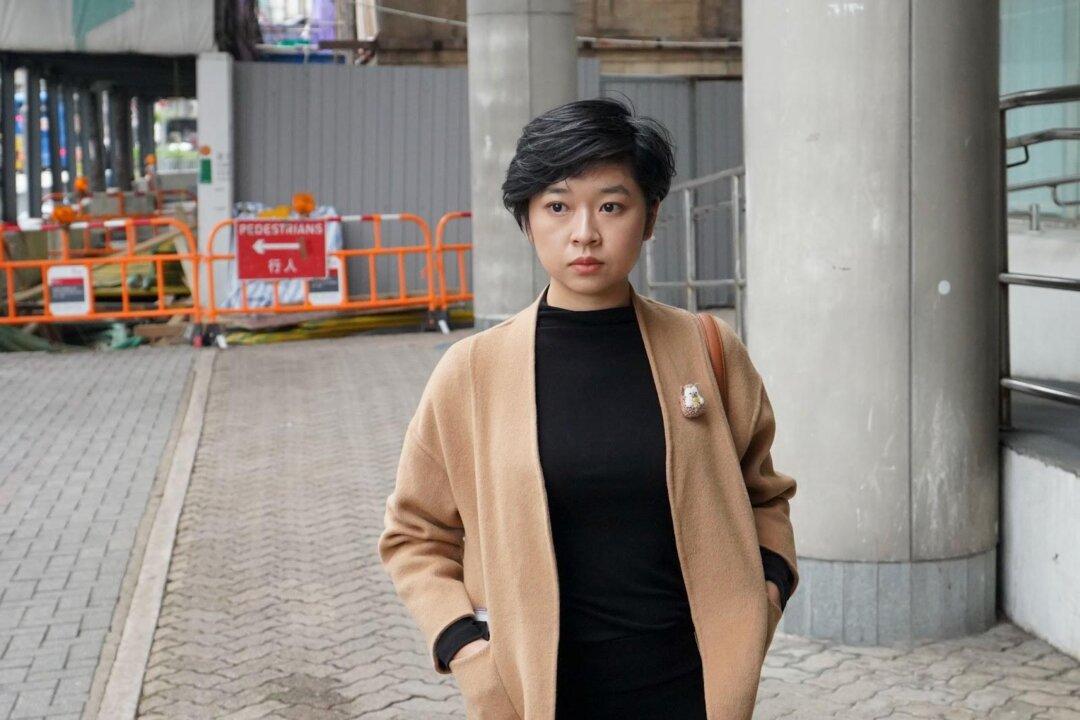Hong Kong—Two young girls were hospitalized in the intensive care unit at Tuen Mun Hospital after suspected consumption of cannabis gummies and fell into a coma. On June 27, their condition was upgraded from critical to stable, and they regained consciousness. The girls’ father has been temporarily charged with “drug possession” and “child neglect or abuse.”
According to a psychiatrist, consuming cannabis gummies with high concentrations of THC (tetrahydrocannabinol) is similar to drug abuse. In this case, the children had a severe reaction, suggesting that the cannabis gummies they ingested may contain THC, raising concerns about potential damage to their central nervous system. Even cannabis medicines that contain purely CBD (cannabidiol) are not recommended for children.




